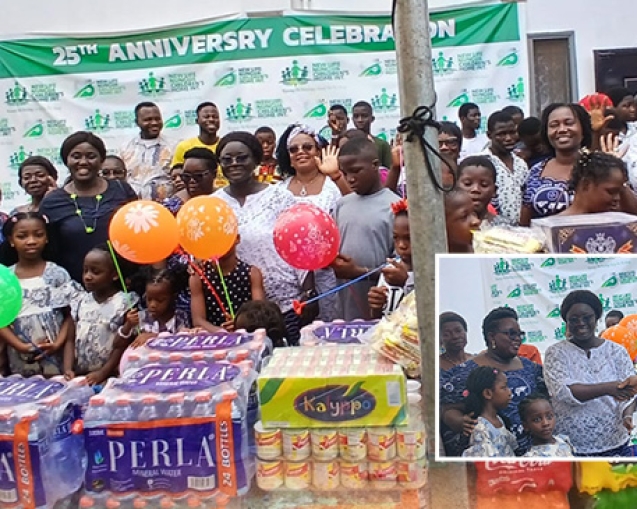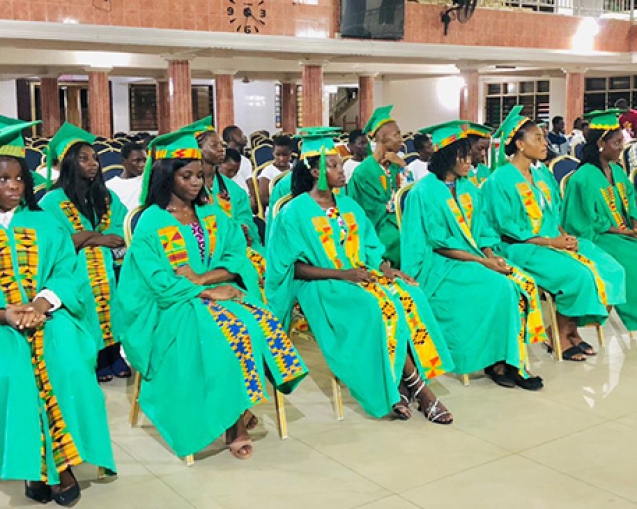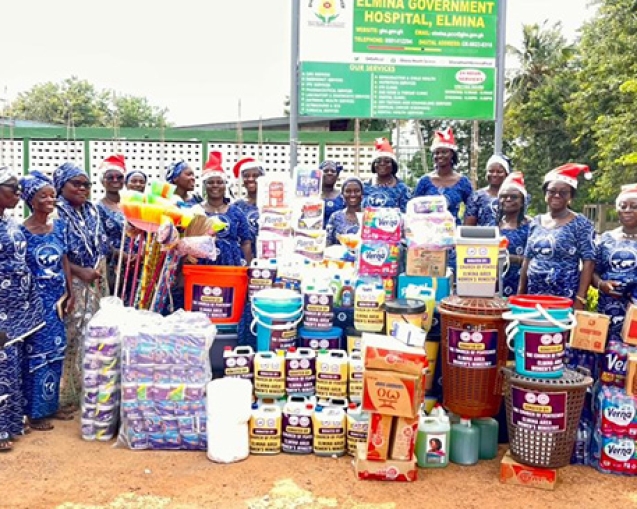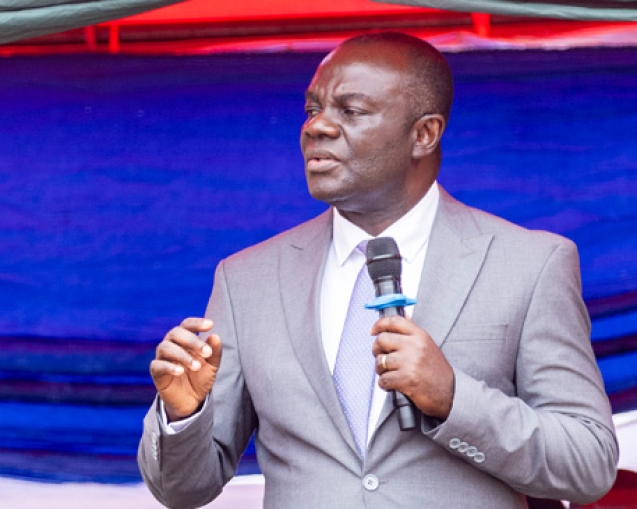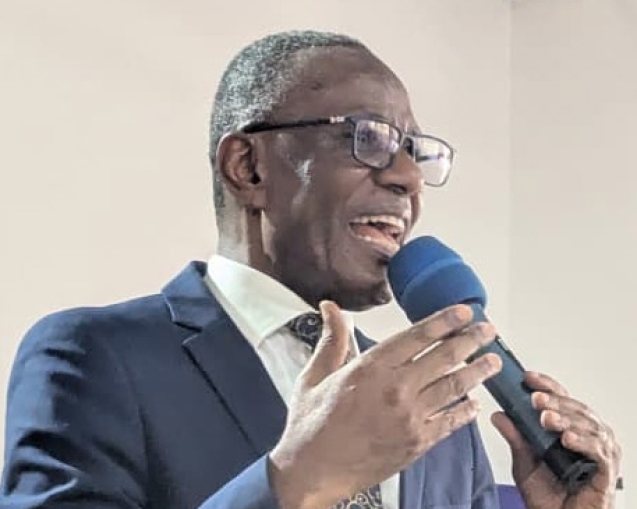In every action or decision we make, there lies a reason—an underlying cause that may be good or bad, yet there is always a purpose. It is a universal truth that everyone grapples with individual struggles, and the Bible provides a precedent for this in the revelation made by the Apostle Paul in 2 Corinthians 12.
Paul candidly disclosed the battle with a weakness he called the “thorn in his flesh,” which he sought relief from through fervent prayer. Three times he pleaded with the Lord to remove it, but the response he received was profound: “My grace is sufficient for you.” This revelation emphasised the concept that even in weakness, there exists an ample measure of divine grace. However, what often goes unnoticed is Paul’s relentless prayer and discontentment with this weakness, revealing a constant striving for improvement.
Regrettably, this critical point is frequently overlooked in today’s body of Christ. When a fellow brother or sister is battling with a weakness, it should not become grounds for exclusion. Often, the efforts invested in overcoming these struggles remain unseen, much like Paul’s thorn in the flesh, intended to serve as a humbling reminder. This is precisely the juncture at which fellow believers must draw closer, extending a hand of love and support.
It is crucial to recognise that the pain or hurt caused us by the weaknesses of others should not lead to condemnation and rejection. Just as Paul’s thorn served a purpose, the weaknesses of our brethren can be transformative, leading to growth and spiritual maturity. Unfortunately, many have stumbled in the faith because instead of the church showing love and compassion during their lowest moments, we sometimes have responded with accusations and judgment.
As we seek to possess our spheres for the Lord, let us intentionally cultivate an environment of genuine love and care for those dealing with their thorns. Rather than aligning ourselves with the world in chastisement, it is time to intercede on their behalf, praying for God’s transformative touch. In doing so, we extend a helping hand rather than an accusing one, fostering an atmosphere where love abounds and spiritual restoration flourishes. Let us show love even in the valley.
In conclusion, this write-up serves as a reminder of the need for compassion within the Church. It encourages believers to offer support, understanding, and intercession for those navigating their personal struggles. By doing so, we emulate the boundless love exemplified by our Lord and Savior Jesus Christ, creating a haven where individuals find solace, healing, and the transformative power of divine love. #Selah
Written by Simon Nyarko Teye (District Youth Leader, Danquah Worship Centre)








